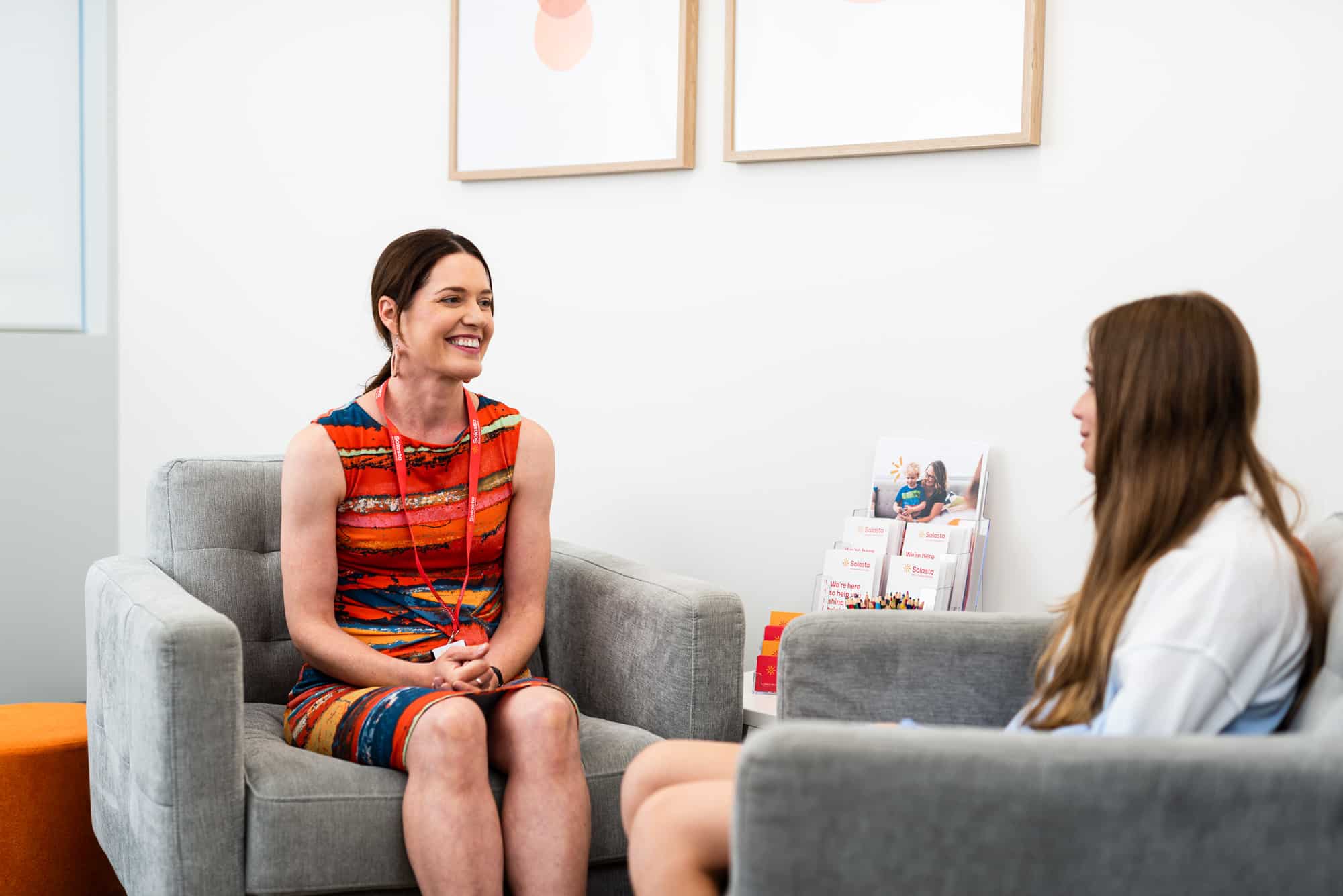
How eye movement therapy can support trauma
Whilst the brain naturally processes memories and emotions during rapid eye movement (REM) sleep, traumatic experiences can sometimes disrupt this natural process, leaving negative thoughts, feelings, and memories unresolved.
Eye Movement Desensitisation and Reprocessing (EMDR) therapy helps to "reprocess" these stuck memories, allowing the brain to heal itself, much like it would during restful sleep.
Read More

Exploring intimacy counselling
Interested in exploring intimacy counselling? We've got you covered!
At Solasta, we provide a safe, confidential, and supportive space to explore concerns related to intimacy, sexuality, and relationships. Our goal is to help individuals and couples build healthier, more fulfilling intimate lives.
Read More

Psychology vs. counselling: Which support is right for you?
At Solasta, we often receive questions about the differences between psychology and counselling. Both fields play crucial roles in mental health support, but they cater to different needs and use different approaches. Understanding these differences can help you choose the right support for you or your loved one.
Read More

Understanding perfectionism: A guide to recognising and managing its impact on mental health
Perfectionism involves a set of habits in thinking and behaviour and can be experienced in various areas of life, including work, study, sports, physical appearance, playing a musical instrument, and parenting. It can be challenging to change perfectionistic ways of thinking and behaving because they often seem beneficial, especially in terms of study. However, research shows that self-critical perfectionism is linked with negative outcomes in study, including test anxiety, procrastination (putting work off) and stress and burnout.
Read More

Understanding autism spectrum disorder in children
The term “spectrum” is used to emphasise that autism presents differently in every single person. There can be great variation in the way people learn, think and problem-solve. Everyone will have their own unique interests, strengths, skills, and challenges and will need varying levels of support with study, work, and relationships.
Read More

